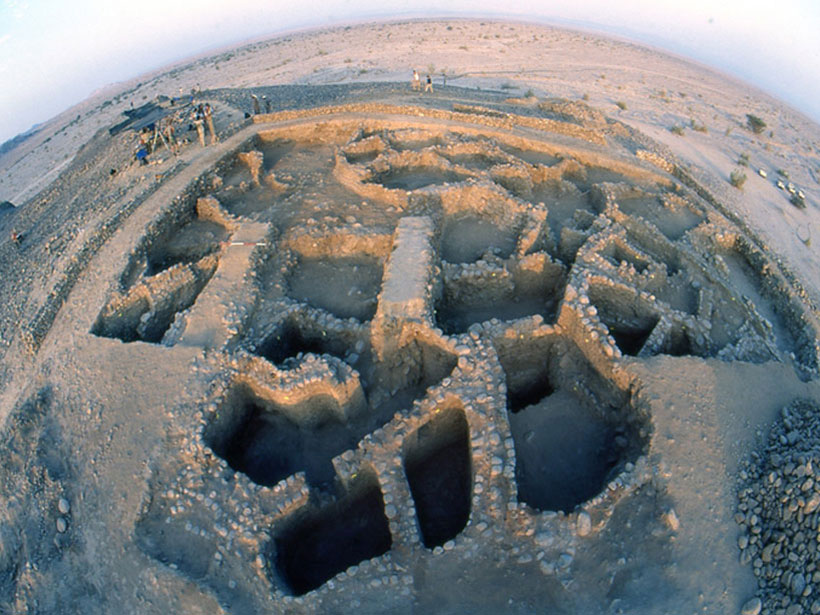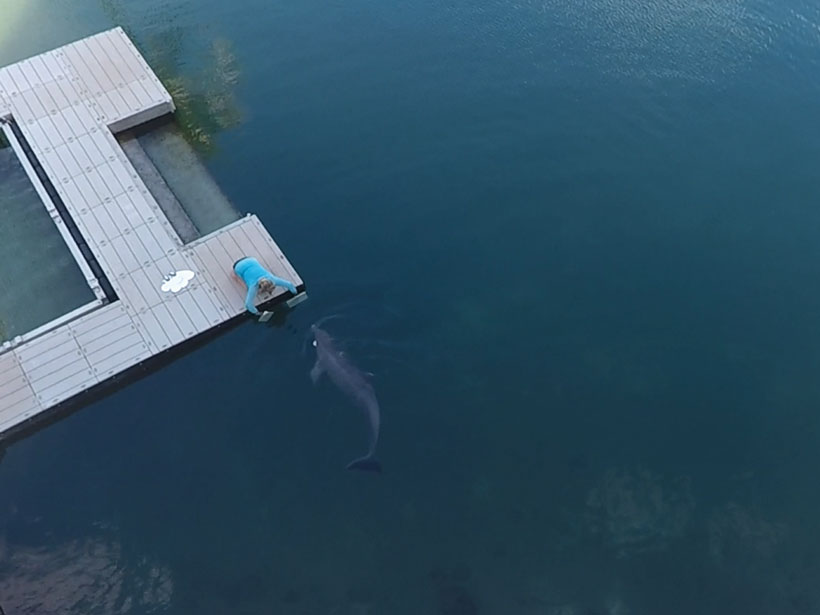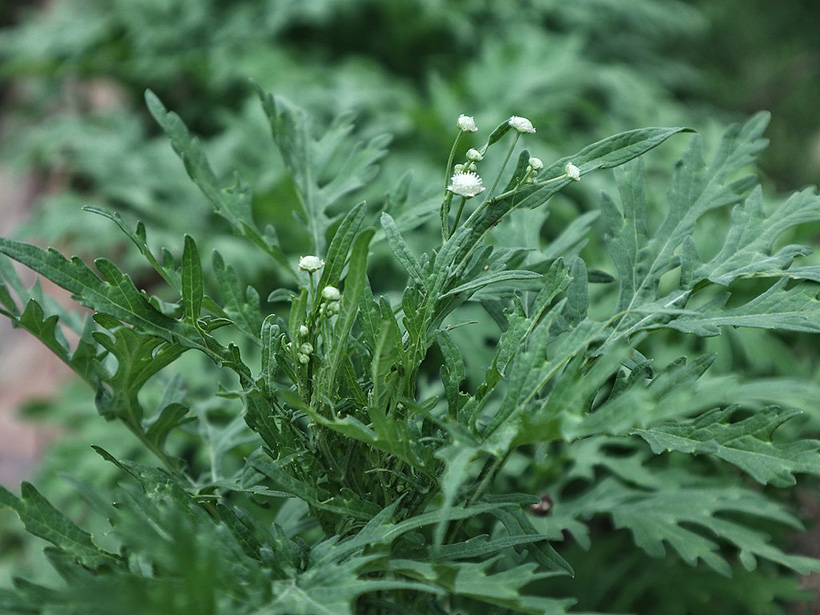Three of the remaining glaciers in the Pyrenees mountain range stopped flowing in the past decade.
ENGAGE
Freshwater Mussel Shells May Retain Record of Alpine Snowpack
A new study explores a possible proxy for seasonal freshwater input that could elucidate changes in alpine snowpack as the planet warms.
How Do You Know If You’ve Experienced Global Warming?
Answering this question can help policymakers, scientists, and climate communicators develop more effective strategies to reach skeptics and deniers.
Degraded Coral Reefs May Be More Resistant to Climate Change
New research on Kiribati’s beleaguered atolls paints a complex picture of reef recovery.
Ancient Flint Tools Reveal Earth’s Changing Magnetic Field
Stone tools may provide data on paleomagnetism that are out of reach for other markers, such as prehistoric pottery.
The Changing Climate’s Snowball Effect
Shrinking snowpack, thawing permafrost, and shifting precipitation patterns have widespread consequences. Can new technologies—and public policies—help communities adapt?
How the Ski Industry Stopped Worrying and Learned to Love Climate Activism
A cultural shift is underway to transform outdoor buffs into stalwarts for climate action. Will it come soon enough to save their sport?
Cormorants Are Helping Characterize Coastal Ocean Environments
The Cormorant Oceanography Project is using sensors deployed on diving marine birds to collect broadly distributed oceanographic data in coastal regions around the world.
Autonomous Vehicles Could Benefit from Nature
A team of researchers at the University of Michigan is looking to animals to find new ways for autonomous vehicles to navigate through the environment.
Famine Weed Becomes More Toxic, Invasive in Carbon-Rich Atmosphere
A noxious weed’s success in Australia could indicate that some plants are benefitting from our carbon-rich atmosphere, becoming more invasive, competitive, and toxic.










